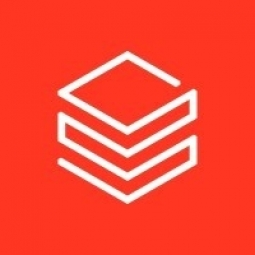Databricks
Case Studies
Block's Transformation of Financial Services with Databricks
Overview
 |
Block's Transformation of Financial Services with DatabricksDatabricks |
Analytics & Modeling - Machine Learning Analytics & Modeling - Predictive Analytics | |
Education Equipment & Machinery | |
Product Research & Development Quality Assurance | |
Fraud Detection Inventory Management | |
Cloud Planning, Design & Implementation Services Data Science Services | |
Operational Impact
| The migration to the Databricks platform and the implementation of Unity Catalog brought about transformative benefits for Block. It facilitated the creation of a dynamic “marketplace” for data exchange between different business units, fostering collaboration and knowledge sharing. The operational efficiency of data sharing improved significantly, reducing the time required from days to seconds. Unity Catalog also improved the ease of IAM policy management for Block, streamlining the process by configuring sub-group level access permissions in a single location. Moreover, it empowered Block to attribute data ownership more easily and decentralize decision-making, enhancing overall data governance and accountability. Looking ahead, there is a big focus on leveraging generative AI and LLMs in Block’s overall data and AI strategy, and Unity Catalog will play an important role in delivering on that strategy. | |
Quantitative Benefit
| Block managed to reduce compute costs by an impressive 12x | |
| Reduced data egress costs associated with cross-cloud provider data transfer by 20% | |
| Block manages 2PB of data on the Databricks Lakehouse Platform and anticipates reaching 4PB by year-end | |


